|
Getting your Trinity Audio player ready...
|
In the Philippines, counterfeiters are known to operate openly in old downtown Manila on a stretch mockingly called “Recto University” between Claro M. Recto and Rizal Avenues. They create fake diplomas, job references, and licenses effortlessly. A CNN Philippines article sums it up: “If you can’t afford the time, interest, or money for a Manila university education, you can still buy a degree for $US10 to $US60 in about two hours, though it won’t be legitimate.”
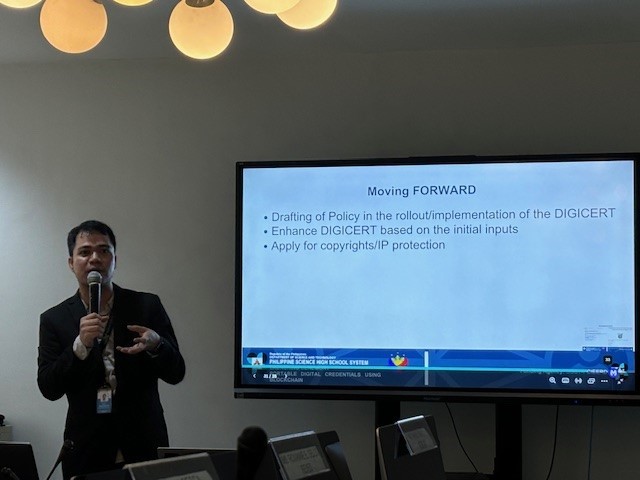
In response to such challenges, the Philippine Science High School (PSHS), in collaboration with the Department of Science and Technology (DOST), has launched a cutting-edge project: “Portable Digital Credentials for the Philippine Science High School System Using Blockchain” (Digi Cert). This initiative aims not only to modernize academic record management but also to ensure the integrity, accessibility, and global recognition of student credentials.
The current paper-based method of handling high school transcripts is filled with inefficiencies, errors, and vulnerabilities to fraud. Joel Bautista, Chief of the Knowledge Innovation Division at DOST-Philippine Science High School System, emphasizes the urgency for a robust digital solution. He explains, “Digi Cert will streamline the process of requesting and verifying academic records through a web-based portal system.” This system is hosted on secure AWS servers and represents a significant shift from traditional methods.
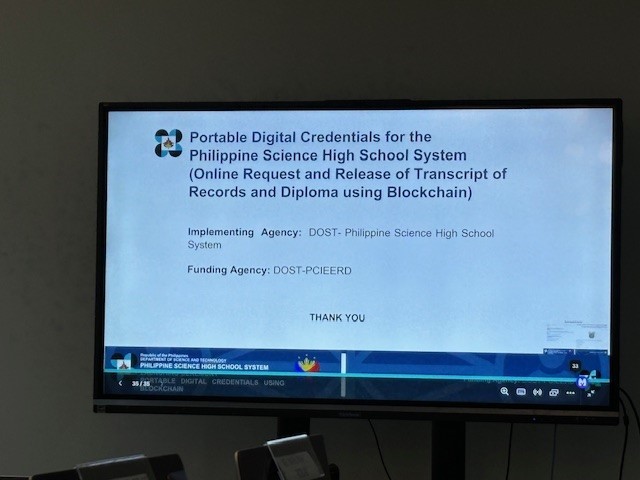
Central to Digi Cert is blockchain technology, known for its immutable and transparent nature. Bautista elaborates on its implementation: “We are using hashing and digital signatures on a public blockchain provided by Twala. Each document, whether it’s a transcript or diploma, receives a unique identifier, ensuring its security and authenticity.” This approach not only mitigates the risks associated with paper records but also simplifies verification processes for both students and educational institutions.
The development of Digi Cert coincides with a global trend towards blockchain applications in education. Block Dojo Philippines innovator and founder of CertifyEd, Gino Sampedro, echoes the importance of blockchain in verifying educational credentials: “Whenever we talk about blockchain, we’re basically ensuring the integrity of the courses. That the course you actually took is legit.”
Sampedro’s startup, CertifyEd, will collaborate with institutions like De La Salle University to certify online courses using blockchain, aligning closely with the goals of Digi Cert.
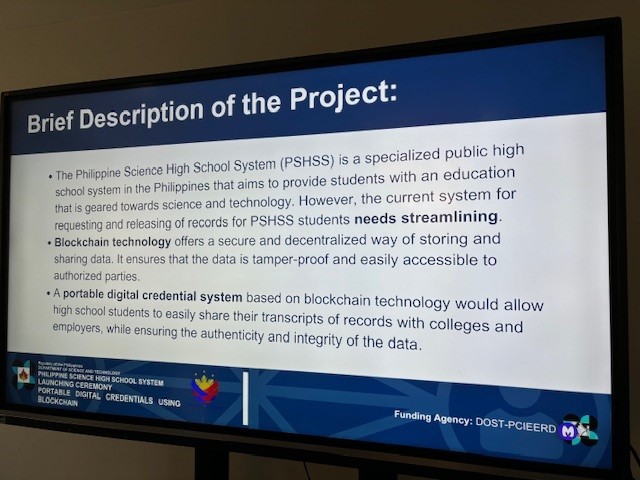
Currently, in beta testing, Digi Cert has received positive feedback from PSHS alumni and registrars, indicating high satisfaction and anticipation for its full implementation. Despite policy integration and institutional adoption challenges, Bautista remains optimistic about a phased rollout beginning early 2025, pending approval from the Board of Trustees. This meticulous approach ensures compliance with regulatory frameworks and secures the credibility of digital credentials.
The adoption of blockchain-based credentials positions PSHS as a pioneer in educational innovation within the Philippines. By enhancing the credibility and accessibility of student records, Digi Cert facilitates seamless transitions for graduates into higher education and the workforce. It reinforces PSHS’s status as a premier institution in science education within the ASEAN region, aligning with international standards and fostering trust among stakeholders.
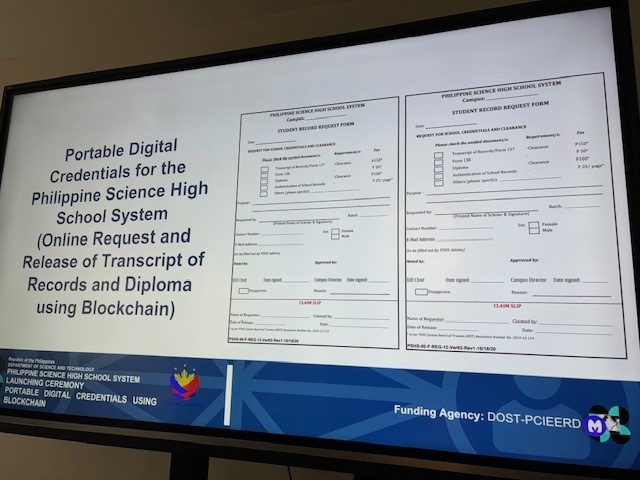
Reflecting on Digi Cert’s broader impact, Bautista highlights its recent recognition in the IEEE community: “Our research on Digi Cert was accepted at an IEEE conference, highlighting its significance in the global research community.” This milestone emphasizes the project’s alignment with international research standards and potential to influence global educational practices.
Projects like Digi Cert are a testament to the transformative potential of blockchain technology in safeguarding academic achievements and combatting credential fraud. As DOST and PSHS prepare to launch this initiative, they modernize educational practices and uphold the integrity of the Philippine education system while bringing to fruition the government’s objectives for digital transformation.
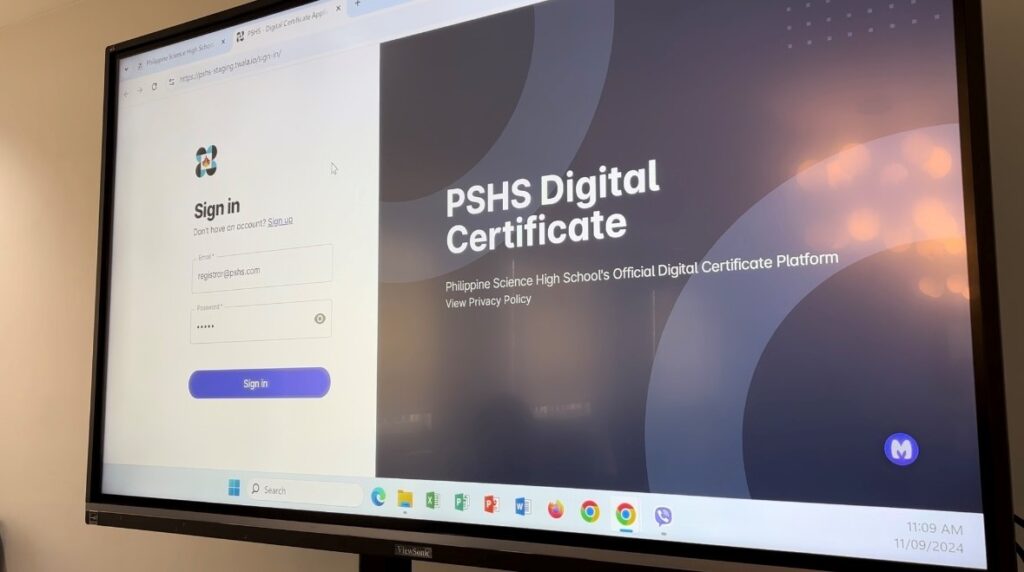
Watch: The Philippines is moving toward blockchain-enabled tech

 02-15-2026
02-15-2026 




